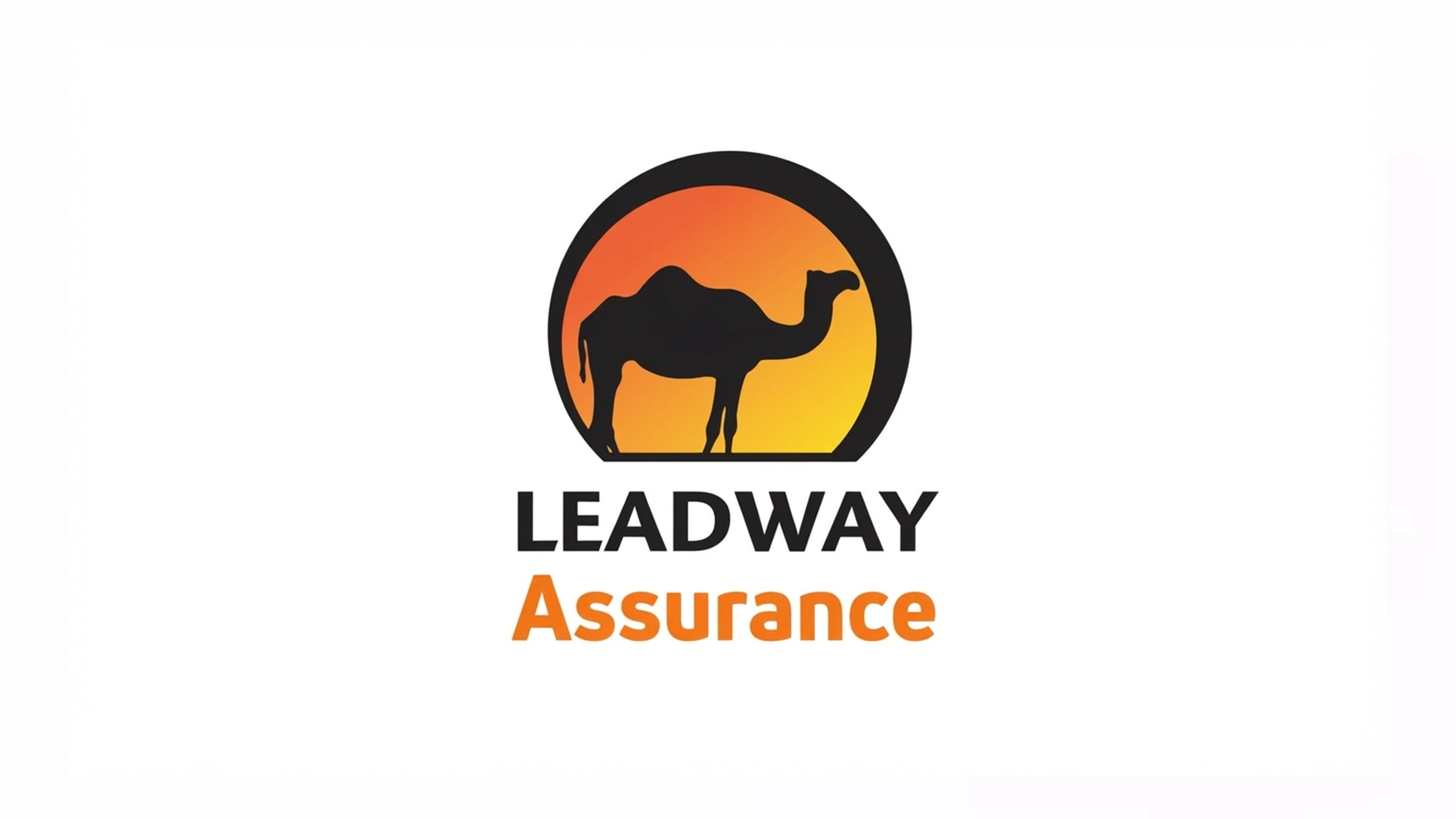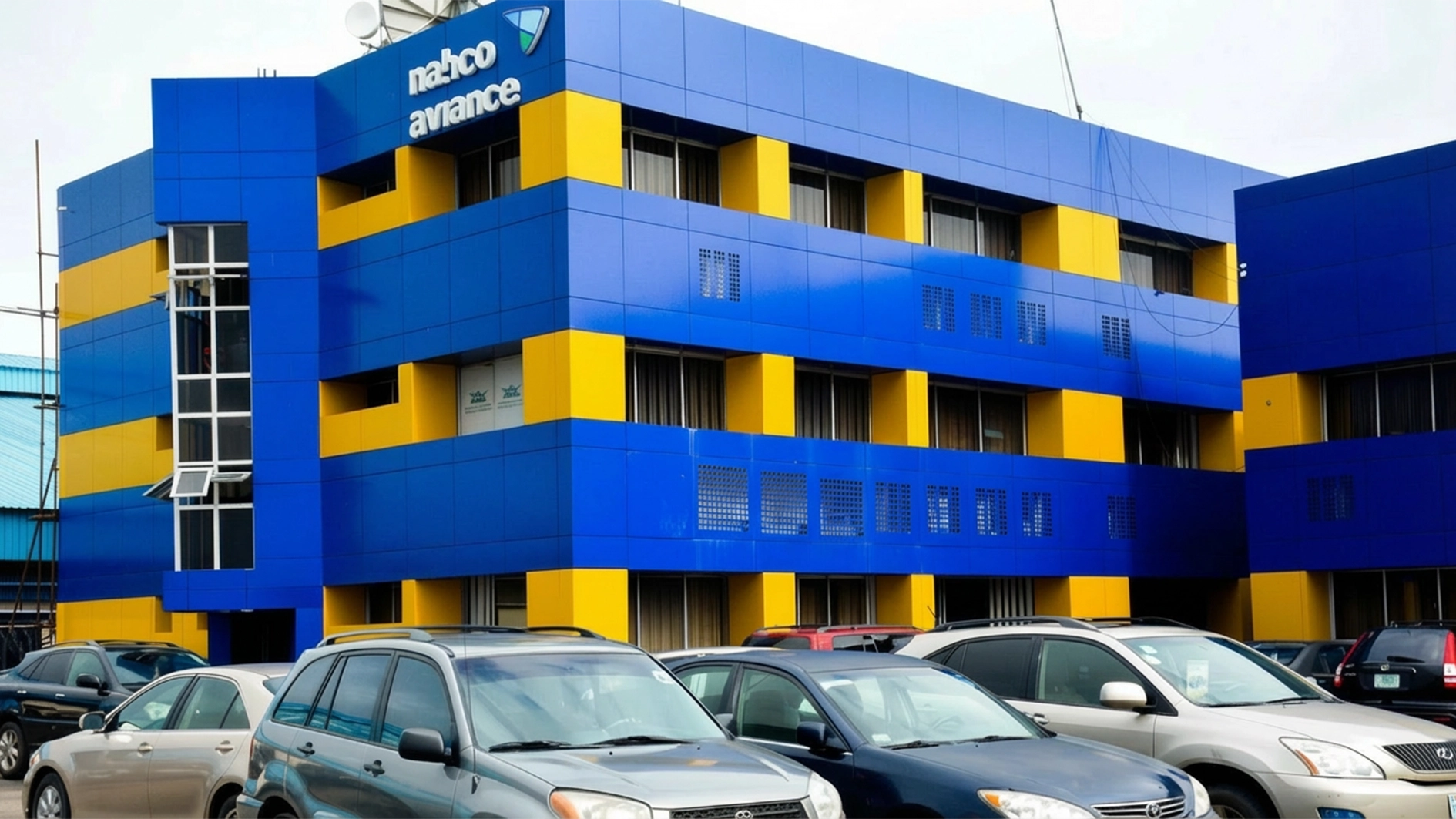
The Nigerian Shippers’ Council (NSC) has saved the Federal Government N29.3 billion through the Electronic Regulatory Port Portal (ERPP) between January and June 2024.
The ERPP is an innovative digital platform of the NSC towards modernising the nation’s port sector, which is expected to greatly enhance regulatory functions and significantly boosts efficiency in the maritime industry.
Designed to streamline operations and reduce financial leakages, the ERPP is poised to save the Nigerian economy up to 80 per cent in foreign exchange outflows, which will be achieved by preventing capital flight and curbing over-invoicing, thereby fortifying the nation’s financial stability.
Speaking during the unveiling ceremony in Lagos, the Executive Secretary and Chief Executive Officer of NSC, Pius Akutah, described the ERPP as a transformative tool, emphasing that the platform is not only a technological advancement but a strategic move towards greater efficiency and transparency in port operations.
He said the impact of these digital advancements is already evident as between January and June 2024, the NSC conducted a quality assurance test on demurrage applications, resulting in significant cost savings.
Akutah said out of the N51.4 billion requested, N22.1 billion was confirmed, leading to savings of N29.3 billion in just six months.
He said the ERPP, developed internally by the NSC’s staff, offers a range of functions aimed at simplifying and improving the regulatory processes within the port sector.
According to him, the web-based, multi-functional application eliminates the manual processes involved in calculating and confirming demurrage charges, freight rates, and charter party fees submitted by shipping companies, shippers and vessel charterers via their banks.
Akutah explained that everything is now submitted, processed, and approved online, significantly reducing delays and ensuring accuracy in financial transactions.
He said stakeholders can use the platform to file yearly tariffs, manage voyages, submit airfreight cargo throughput data, and request reviews of tariffs, rates and charges to enhance accessibility, efficiency, and transparency.
Akutah said this feature aligns with the Central Bank of Nigeria’s (CBN) revised Foreign Exchange (FOREX) manual of 2018, Memorandum 13, Article 3.3, which requires the NSC to confirm the fairness of these fees before foreign exchange approvals are granted for the payment of freight rates, charter party fees and demurrage remittance.
Looking ahead, Akutah said the ERPP is expected to deliver substantial benefits to the Nigerian economy, including blocking financial leakages, preventing over-invoicing, and minimising capital flight.






